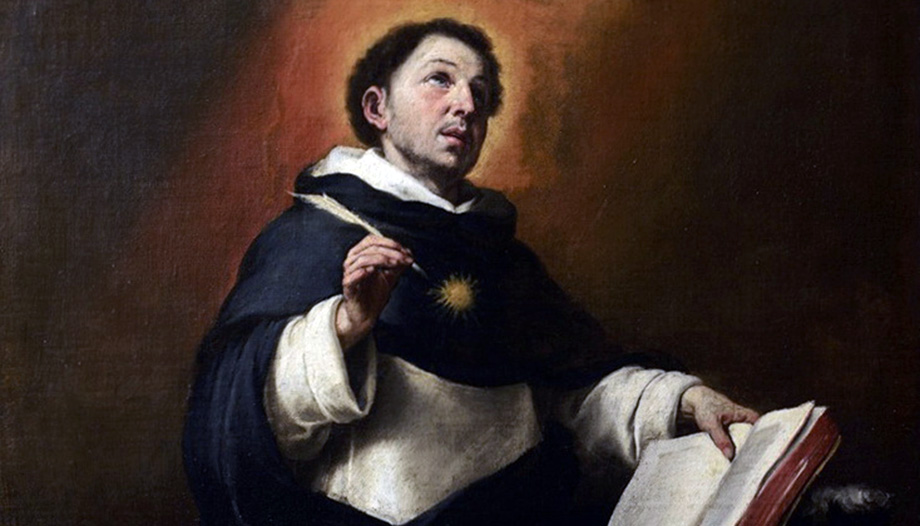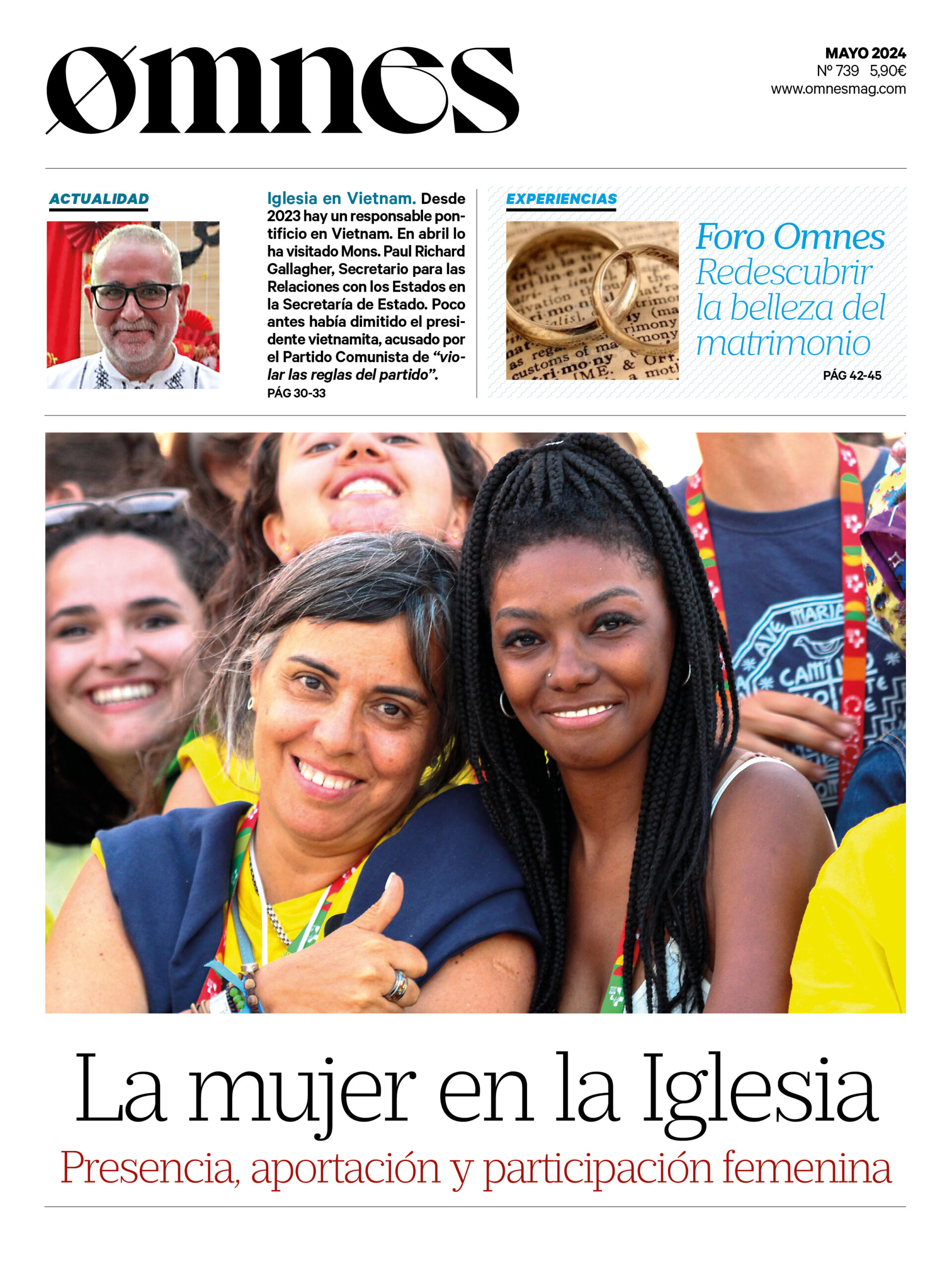The appointment that stands out for all to see is that of July 18, when Cardinal Marcello Semeraro, Prefect of the Dicastero delle Cause dei Santi, will be present at the abbey of Fossanova, as the Pope's envoy to the place where the saint died. Thomas Aquinas to commemorate the 700th anniversary of his canonization.
The celebrations began on July 14, in the medieval church of St. Thomas of Roccasecca, the first dedicated to the saint of Aquinas, where the Bishop of Sora - Cassino - Aquino - Pontecorvo Gerardo Antonazzo inaugurated the Jubilee of St. Thomas.
Jubilee indulgence
The Co-cathedral Basilica of Aquinas, where the relics of Doctor Angelicus are kept, has been defined a "Jubilee Temple" and, by decree of Pope Francis, plenary indulgence will be available there from July 14, 2023 to July 18, 2024.
But it is a jubilee, this one, that will be prolonged. If in 2023 we celebrate the 700th anniversary of the canonization of St. Thomas Aquinas, in 2024 we will commemorate the 750th anniversary of his death, and in 2025 the 800th anniversary of his birth.
This is a more unique than rare occasion for the three dioceses linked to Thomas: the diocese of Sora-Cassino-Aquino-Pontecorvo, where Thomas was born and where he took his first steps; the diocese of Latina, where the abbey of Fossanova is located, which was the place of his death; and the diocese of Frosinone, where Thomas spent time in his family's castle in Monte San Giovanni Campano.
Pope Francis has sent a letter to the three bishops of the dioceses Gerardo Antonazzo, of Sora-Cassino-Aquino-Pontecorvo; Mariano Crociata, of Latina-Terracina-Sezze-Priverno; and Ambrogio Spreafico, of Frosinone-Veroli-Ferentino and Anagni-Alatri, with which the celebrations of the triennium begin. To them Pope Francis entrusts two tasks: the "patient and synodal building of the community" and "openness to the whole truth".
Pope Francis writes that the Doctor Communis (another of Thomas' appellations) is "a resource" for the Church of today and tomorrow, basically echoing his call at last year's International Thomistic Congress to go out and rediscover the roots of Thomas Aquinas.
"Accompanied," the Pope added, "by the constant awareness that the truths of the faith, starting from the Uni-Trinity of God and the divinity and humanity of Christ, do not 'rest' on the intellect alone, but underlie the daily existence and concrete commitment of every believer in the Church and in society."
As a good Dominican, Thomas dedicated himself generously to evangelization, devoting himself unreservedly to prayer, serious and passionate study, impressive theological and cultural production, preaching, and responding to the requests made to him by his Order, the ecclesiastical authorities and the civil world, and his own acquaintances and friends".
The legacy of St. Thomas Aquinas
Pope Francis also recalls that Paul VI called Thomas "a luminary of the Church and of the whole world," and stresses that honoring Thomas in depth as an "ever-living source" means "concentrating on the study of the Work of St. Thomas in its historical and cultural context, and at the same time treasuring it in order to respond to today's cultural challenges."
Regarding the patient and synodal building of community, the Pope explains that "true synodality is growing together in Christ as living and active members of the ecclesial Body, closely united and connected to one another. A Church whose communitarian dimension is nourished and manifested in sacramental life and liturgy, in spirituality, in cultural and intellectual diakonia, in credible witness, in charity and in concern for the poorest and most vulnerable."
With regard, instead, to openness to the truth, Pope Francis asks us to live it in the wake of St. Thomas, who - as John Paul II wrote - "loved the truth in a disinterested way."
However, for Pope Francis, it must be emphasized that the "formidable legacy" of St. Thomas is "above all holiness, characterized by a particular speculation which, however, has not renounced the challenge of allowing itself to be provoked and measured by experience, even by the unprecedented problems and paradoxes of history, a dramatic and at the same time magnificent place, in order to discern in it the traces and the direction towards the Kingdom to come. Let us place ourselves, then, in his school".













